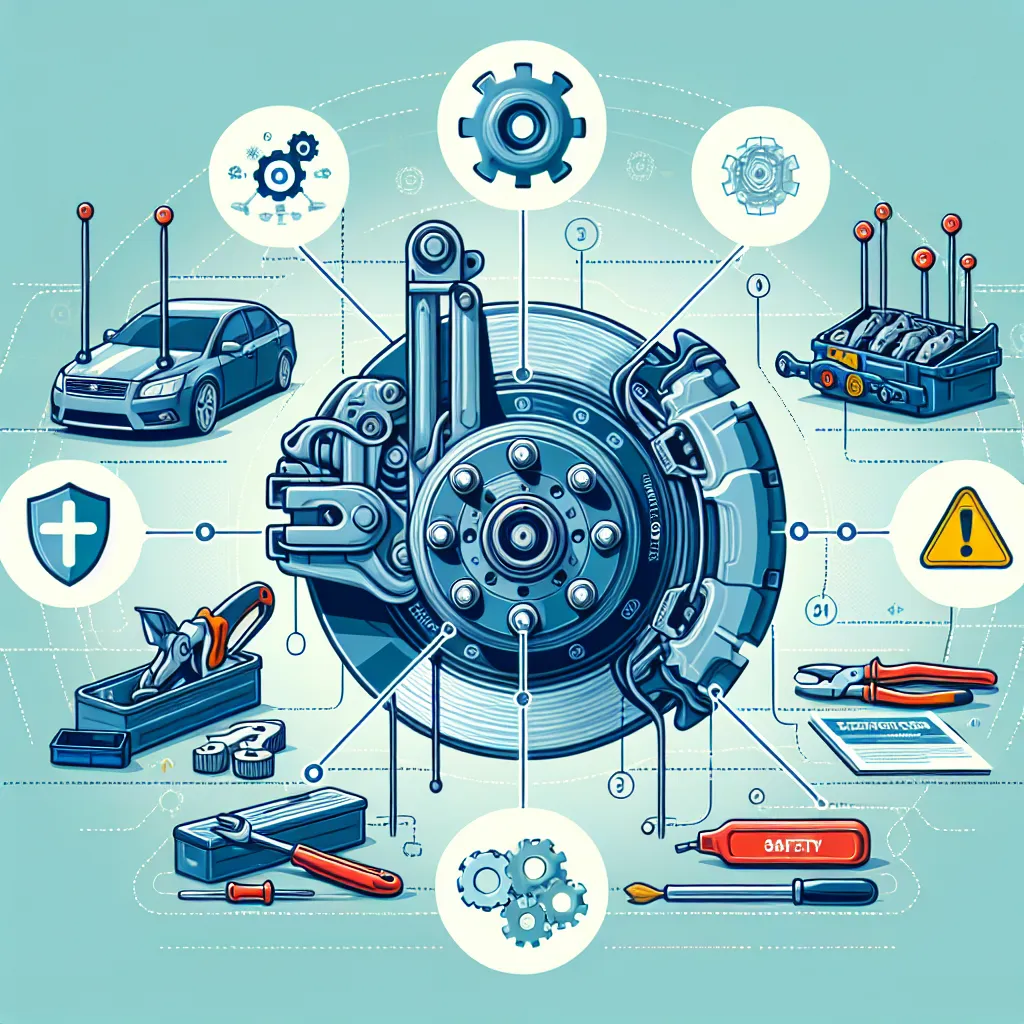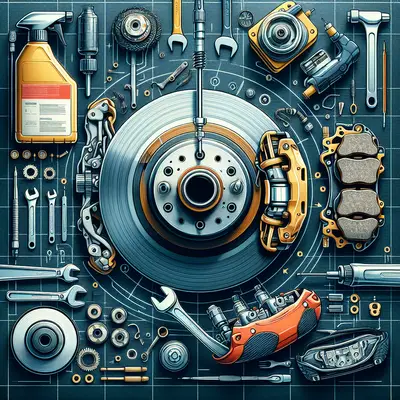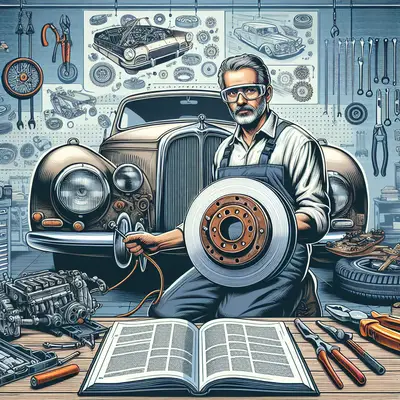A vehicle’s braking system is the cornerstone of overall safety and driving comfort. In the realm of automotive maintenance, understanding and addressing brake-related issues is paramount. Here, we delve into five enlightening perspectives that will augment your knowledge about brake repair and maintenance.
Cars are complex machines, and their brakes are no exception. The intricacies of these essential components often elude the average car owner. As such, we are here to empower you with the knowledge and insights to make informed decisions about your vehicle's braking system.
1. Brake Fluid: The Lifeblood of Your Brakes
Brake fluid is an essential element in the functioning of your car's brakes. It transfers force into pressure, amplifying braking force. Regular checks of brake fluid levels can prevent accidents and unnecessary repair costs. However, brake fluid can degrade over time and may need replacement. A darkening color, usually from amber to brown, is a clear indication of this need.
2. Disc Brake Pads: The Unsung Heroes
Disc brake pads bear the brunt of the braking force. They are subjected to immense heat and pressure, resulting in eventual wear and tear. Regular inspection of the pads can give you a heads-up on the state of your brakes. If you hear a high-pitched squealing noise while braking, it's likely time to replace the brake pads.
3. The Intricate World of Brake Rotors
The brake rotors, or discs, are what your brake pads clamp down on to stop the wheels from turning. A worn-out or warped rotor can cause a pulsating sensation when you apply the brakes. Regular inspections and resurfacing of the rotor can ensure it remains in optimal condition for longer.
4. Brake Lines: Channels of Safety
The brake lines carry the brake fluid from the master cylinder to the brakes. A leak in these lines can lead to a loss of brake fluid, resulting in a spongy or soft brake pedal. Regularly checking the brake lines for corrosion and damage is vital for maintaining brake performance.
5. The Master Cylinder: The Command Center
The master cylinder is the heart of your vehicle's braking system. It controls the pressure of the brake fluid. A failing master cylinder can lead to a slow brake pedal or a pedal that sinks all the way to the floor. Regular maintenance and replacement when necessary ensure the efficiency of your brakes.
Conclusion
Understanding these aspects of brake maintenance can help to elevate your vehicle's safety and performance. Remember, regular inspection and preventative maintenance are the keys to a healthy braking system. As a discerning vehicle owner, investing in regular brake checks will pay dividends in the form of safety and peace of mind on the road.



